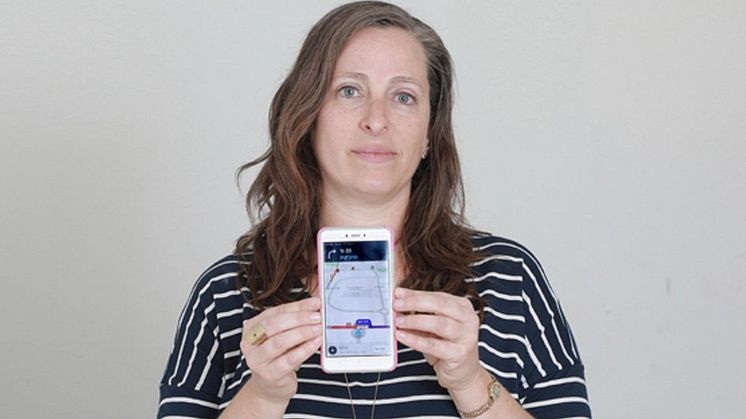
News -
Apple sued by voice artist behind Hebrew Siri
A woman who provided her voice to a voice recognition company and saw it being used as the Hebrew version of Siri is suing Apple because iPhone users are making Siri say inappropriate things.
Galit Gura-Eini recorded her voice in 2007 for a subsidiary of Nuance Communications, an A.I. and voice recognition company. This was before Apple launched Siri in Hebrew, which was in 2016. Siri is the virtual assistant of Apple devices.
According to the lawsuit, Galit Gura-Eini gave Nuance permission only to use the recordings in “legitimate” instances.
Gura-Eini was known as the voice of Waze’s first female navigation directions in Hebrew until 2017, when an update removed her and other Hebrew voices as options. She claims she first became aware that Siri used her voice for its Hebrew localized version when it launched in 2016. Earlier in 2018, she says she approached Apple about removing the voice, but it refused.
The voice artist is unhappy that Apple users are using her voice to make it say inappropriate things. This amounts to turning the plaintiff’s voice, “into a vehicle for improper and humiliating speech.”
Gura-Eini has filed a US$66,000 lawsuit in a Tel Aviv District Court in Israel.
Apple has responded that it has done nothing wrong, that it had obtained the voice recordings legally, and that Gura-Eini does not legally own them. The tech company said her “voice on the Siri app is nothing but syllables joined together by an algorithm.”
It is interesting that Apple uses speech recognition technology by Nuance Communications, which in turn hires voice actors who are told to recite syllables and weird-sounding words without knowing what they are recording for. This was also the case for Susan Bennett, the first voice of Siri, who in 2005 - six years before the launch of Siri - recorded weird phrases such as "Malitia oi hallucinate" for four hours a day, five days a week.
After that, coders took apart the syllables to form responses for the app that would eventually be known as Siri. Despite not sharing in Apple's success of the iPhone and Siri, Bennett did not sue Apple. Nor did she sue after iPhone users got Siri to swear. Even if she thought she had a case, her window to take action is gone as Apple changed the voices for Siri from iOS7, or 2013, onwards.
